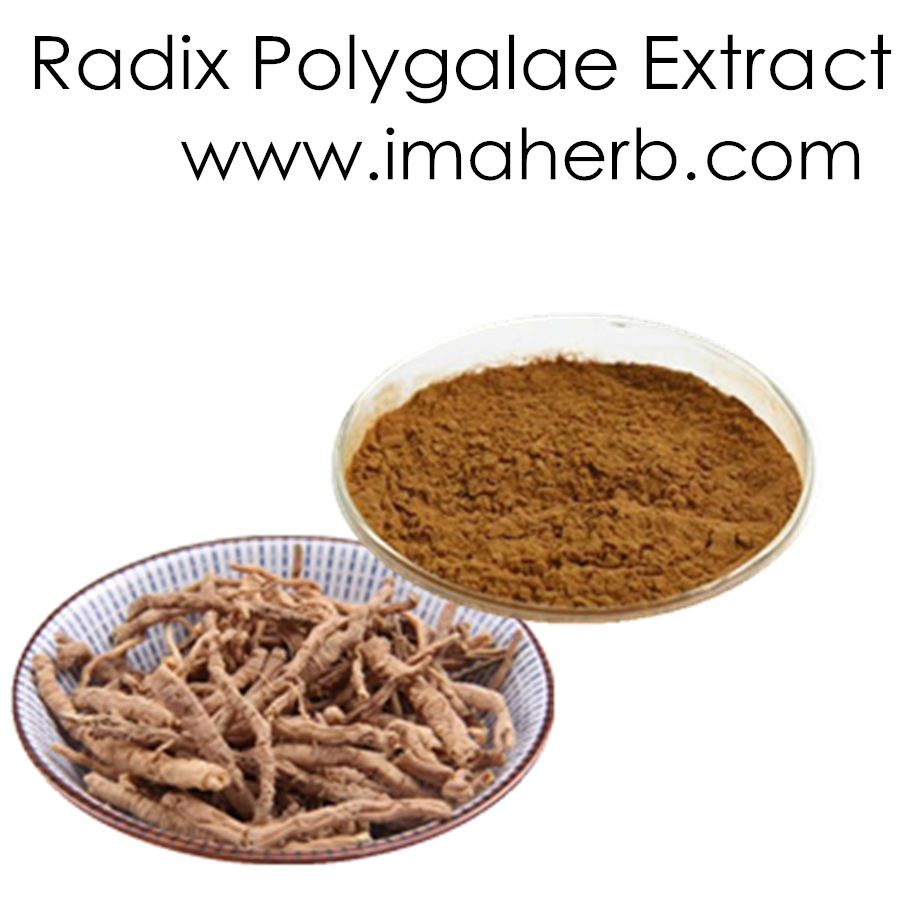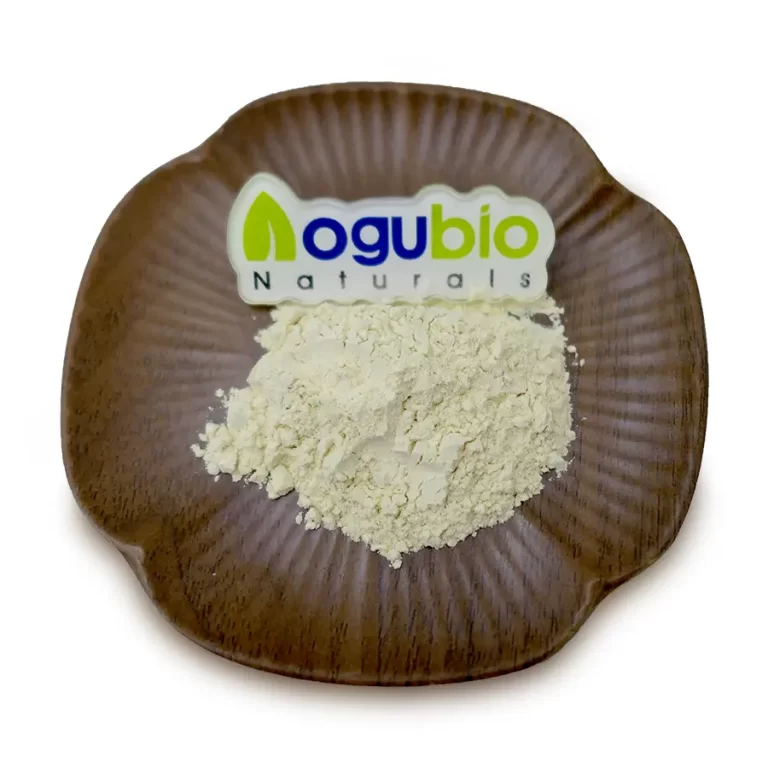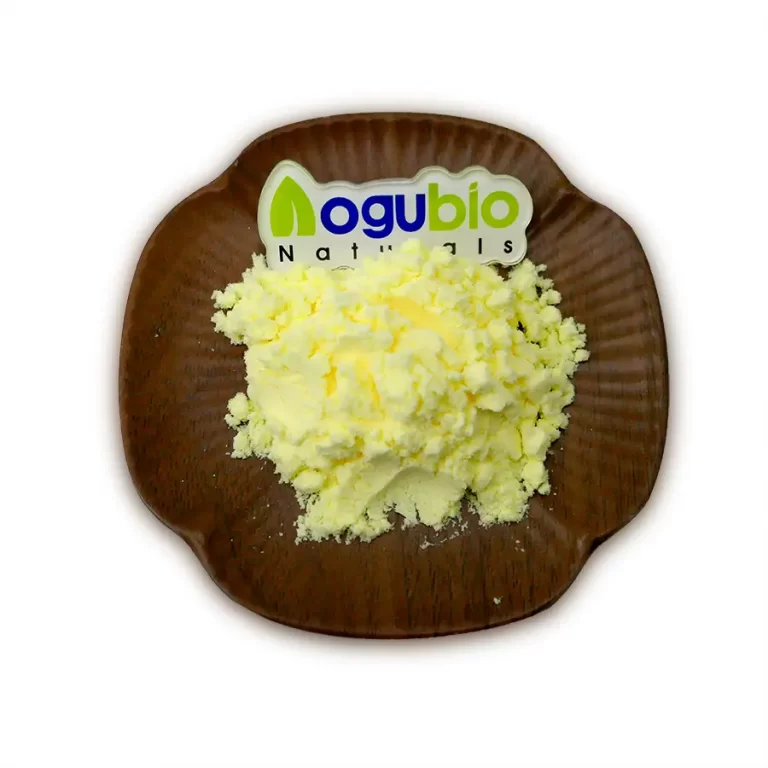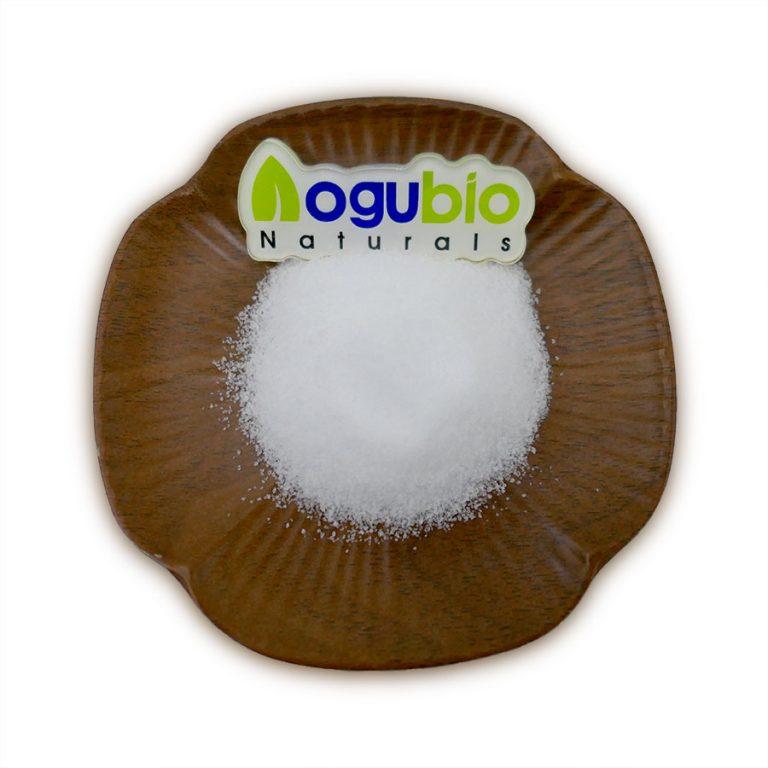
What is Polygala tenuifolia extract ?
Polygala tenuifolia, commonly referred to as Yuan Zhi, Chinese senega and thinleaf milkwort, is a root that is commonly used in traditional Chinese medicine, where it is known as yuan zhi.
In its traditional use, Polygala tenuifolia reportedly had protective effects on the brain. Current studies suggest that Polygala tenuifolia may act as a powerful nootropic.
Best quality Polygala tenuifolia extract Radix Polygalae P.E.Thinleaf Milkwort Root Extract

How do Polygala tenuifolia extract work?
Research on rodent subjects suggest that Polygala tenuifolia’s main mechanism of action and effect involve interactions with NMDA (N-methyl-D-aspartic acid) and NMDA receptors. NMDA is an amino acid derivative that is similar in function to glutamate. While small amounts of NMDA may be normal or may even prove beneficial, it is generally categorized as an excitotoxin, meaning it can cause over-excitation of nerve cells by flooding receptors, potentially resulting in cell damage and death.
NMDA may also increase the release of glutamate, an amino acid and neurotransmitter that is involved in nearly all forms of normal brain functions. Glutamate acts as mediator of excitatory signals in the brain, but a flood of glutamate or a sensitivity to the neurotransmitter can cause cells to become overexcited, leading to glutamate-induced excitotoxicity.
Best quality Polygala tenuifolia extract Radix Polygalae P.E.Thinleaf Milkwort Root Extract
Benefits
1.Many of the potential Polygala tenuifolia benefits that users may experience are related to its effects on NMDA receptors. Studies show that the extract may act as an NMDA receptor antagonist, which may result in improved cognition, memory, and learning abilities. Research indicates that Polygala tenuifolia may act as a neuroprotective agent by preventing excitotoxicity induced by NMDA and glutamate. In some studies, Polygala tenuifolia was found to improve memory and memory loss caused by aging.
2.Preliminary studies also show that Polygala tenuifolia may provide mood support, which may be related to its blocking of NMDA receptors. Inhibiting NMDA or blocking its receptors has been found to result in calming effects. Other studies also indicate that the extract may cause feelings of relaxation.
3.Research suggests that Polygala tenuifolia extract may have adaptogen-like properties. Adaptogens refer to compounds that may help you adapt to physical and emotional stress to potentially prevent negative effects. Polygala tenuiflia has been shown to reduce cortisol levels. Cortisol is the main stress hormone that is often responsible for many of the negative effects associated with chronic stress.
4.Studies have found that Polygala tenuifolia extract may also increase nerve growth factor and brain-derived neurotrophic factor. Nerve growth factor is a protein-like molecule responsible for creating new neurons while repairing and maintaining existing neurons. It also plays a role in repairing the myelin sheath around the nerves, allowing for the proper firing of signals and communication between nerves. Tests on animals show that reducing the production of nerve growth factor in the brain damages the ability to create new connections while impairing memory access and retention. By potentially increasing nerve growth factor, Polygala tenuifolia may not only promote brain health, but also improve abilities related to memory and information processing.
5.Brain-derived neurotrophic factor (or BDNF) is similar to nerve growth factor. It is involved in learning, higher thinking, and long-term memory and encourages cell growth and regeneration. However, brain-derived neurotrophic factor also has a role in neuroplasticity, which is the brain’s way of changing and adjusting to new experiences or changes in the environment, essentially allowing you to learn, process information, and reorganize thoughts.



















 skype
skype Sales Manager
Sales Manager Rebekah
Rebekah Rachel
Rachel Miranda
Miranda Camilla
Camilla
 Sales Manager
Sales Manager